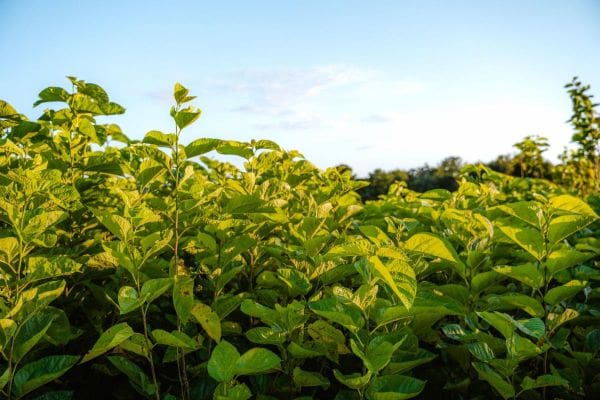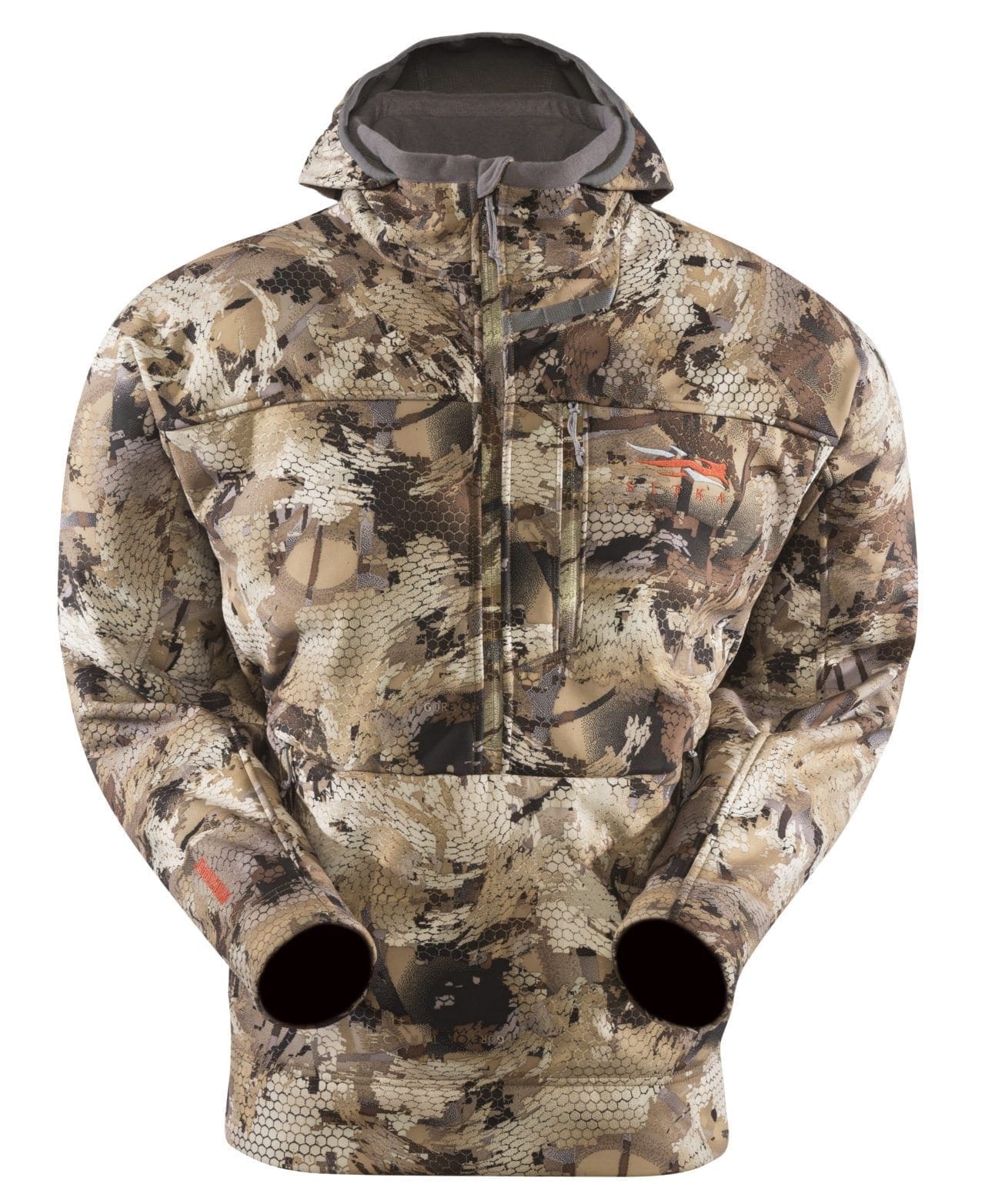Chestnut Hill Outdoors Top Picks for Northern Habitats

Climate can have a considerable influence on plant growth and productivity. When planting mast orchards to increase the number and diversity of wildlife species on a property, it’s important to select varieties best suited to the local climate and environment. Northern areas are naturally colder, with shorter growing seasons. Chestnut Hill Outdoors has a diverse array of hard and soft mast-producing trees and shrubs that will produce in a range of habitats, including some better suited to northern areas.
The first step in determining which species best suits local climate conditions is to consult the USDA Plant Hardiness Zone Map. Chestnut Hill Outdoors has already done that for their customers, identifying optimal zones for all their stock. They also check all orders to ensure plants are appropriate for their destination and vary shipment timing depending on the plant zone destination.
It’s also important to consider micro-climate. Variations in elevation, slope, aspect and even proximity to bodies of water can all result in subtler, more localized temperature variations.
The micro-climate of a low-lying pocket with a northern aspect in zone 6 may be closer to zone 4. Conversely, gently sloping hillsides with a southern aspect, where cold air drains off, may replicate warmer zone conditions.
The following are some selections suitable for more northern habitats, including zones 1-6.
Hard Mast
Among the top choices for northern zones would be nuttall, swamp white and white oak, which are cold hardy to USDA plant zones 4-8. Next is a suite of trees that are rated to zone 5 but may be able to tolerate slightly cooler zones if planted in direct sunlight on south-facing slopes: Dunstan Chestnut and Shumard, overcup, willow, sawtooth and pin oaks.
Soft Mast
American and Deer Candy Persimmons would be a better choice for northern areas, as would Thanksgiving, Kieffer, pineapple, Baldwin and Spalding pears and American Plums. Arkansas apples are the top choice for apples, but apples are generally more cold tolerant and winesap and Southern crabapples would also be productive in a suitable micro-climate. Last but not least is everbearing mulberry, which like chickasaw plums, also forms a dense thicket of cover.
USDA Plant Hardiness Plant Zone Map Link: http://planthardiness.ars.usda.gov/PHZMWeb/
Chestnut Hill Outdoors is more than just a nursery. In order to ensure you receive the maximum benefit from their products, they also provide sound advice and instruction on proper planting and care. And they ensure the plants you receive are suited to your regional climate. For more on the varieties listed above and all Chestnut Hill Outdoors products and how to care for them, visit ChestnutHillOutdoors.com, or call (855) 386-7826.
Chestnut Hill is the best place for you to purchase your food plot and deer attractant plants because they offer a large selection, their plants are specifically bred to attract deer, and they offer customers different sized plants at different levels of growth.
For more information, please visit
WWW.CHESTNUTHILLOUTDOORS.COM

